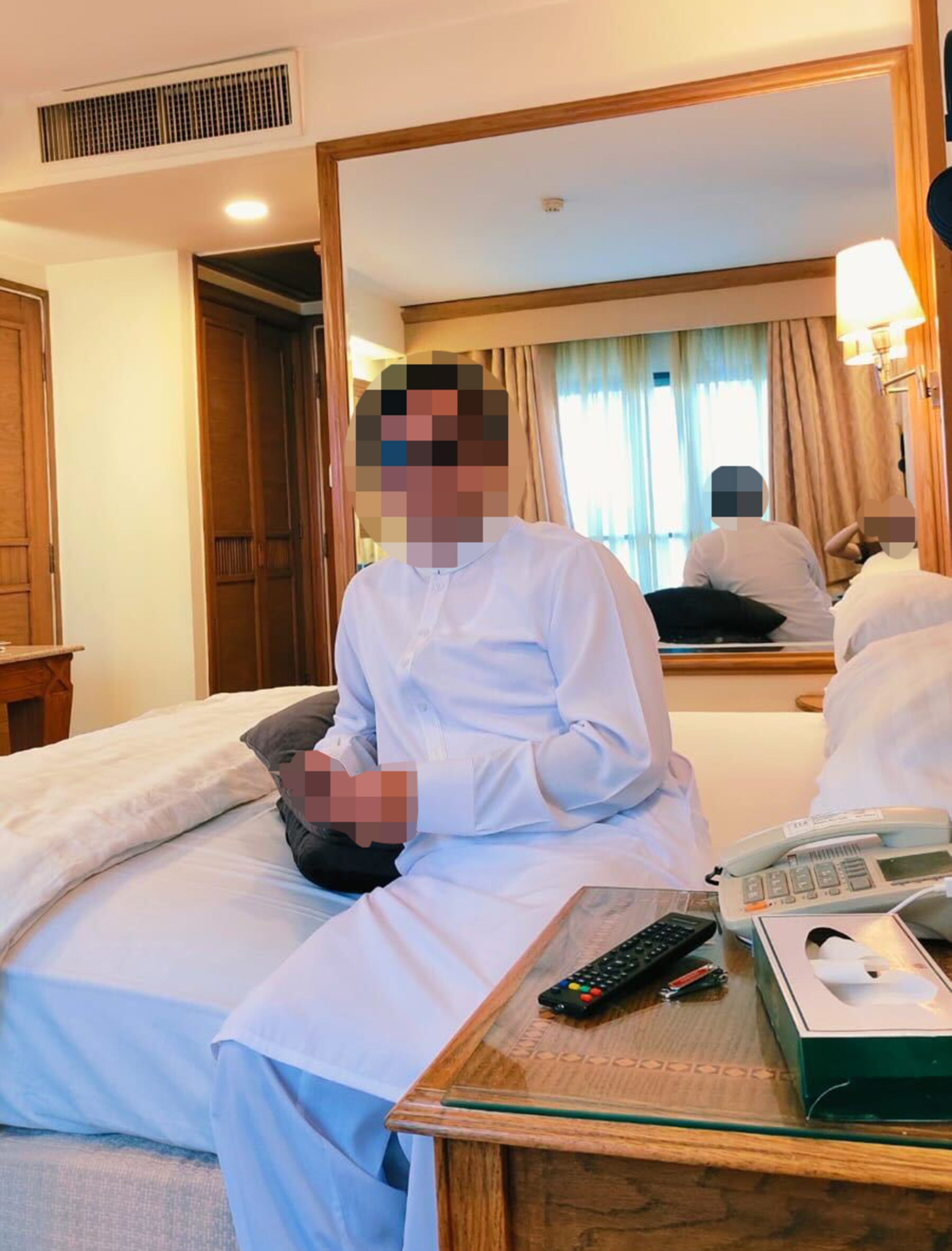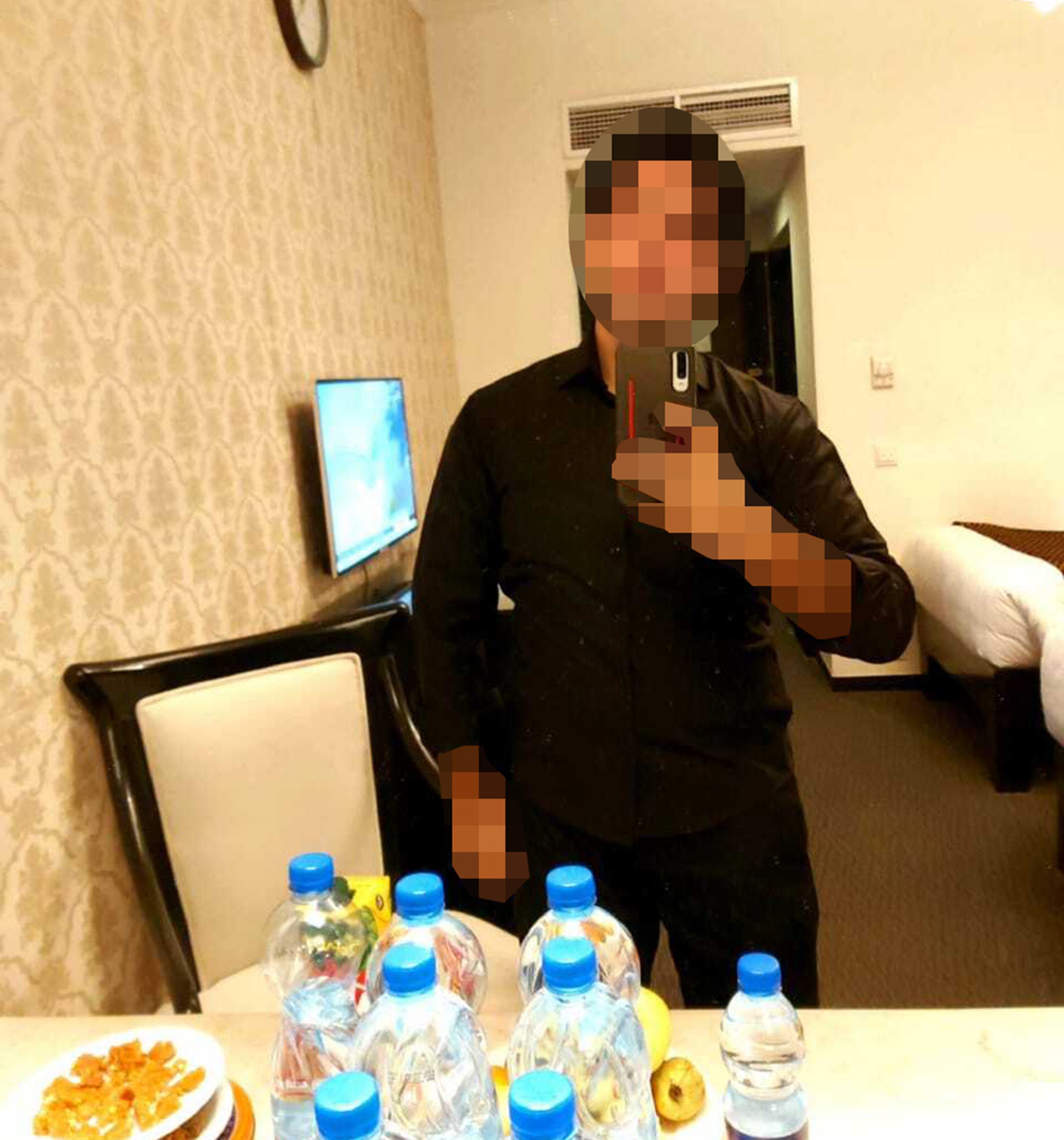
Hundreds of Afghans who worked with British forces have been left stranded in Pakistan after the UK government stopped evacuation flights.
No flights have been chartered for Afghans by the British government since last November, despite the fact that more than 1,000 people – including 500 children – who have been accepted to come to the UK are awaiting relocation in Pakistan’s capital Islamabad.
Families have been told that if they can source their own accommodation in the UK, they will be booked seats on a commercial flight. If they are unable to afford to do so, they could face a wait of up to a year before they are relocated to safety.
Here, some of them tell their stories.
Describing his life in a British High Commission hotel in Islamabad, one Afghan former interpreter says he feels like he is going crazy.
The man, who was embedded with British troops in Helmand province, has been waiting for more than a year in Pakistan’s capital for relocation to the UK.
He says: “I am a human. I need to work. I need a life. I need to enjoy my life. This is my sin, that I worked with British forces. I am like a prisoner, and we are not safe in Pakistan.”
Speaking about the government’s decision to pause flights to the UK, he says: “They stopped the flights in December. For four months there have been no flights from Islamabad and they have said that there is an accommodation problem in the UK. They told families that if they can pay and get accommodation themselves, then they can be moved.”
He explains that the uncertainty about when he will be able to relocate to the UK is weighing hard on him.
“I don’t know what I am doing,” he says. “I have got a mental case. I have anxiety. If they don’t give me an answer in two months I will run away from this place. I will go illegally to European countries to get to safety.
“We have been waiting for over a year. I don’t know why the Home Office is this cruel. We are prisoners, but what can we do?”

One son of a former interpreter has been in a hotel in Islamabad for 16 months. His father worked with British forces in Camp Bastion, and he is waiting for relocation to the UK to join his parents, who were evacuated shortly after the fall of Kabul.
The man, whose name is withheld to protect his relatives who remain in Afghanistan, says he was detained by the Taliban for two days because of his father’s work for the British. He managed to flee Afghanistan in November 2021.
His parents were granted eligibility under the ARAP scheme, but as he is over the age of 18 he did not qualify as an eligible family member. He hoped to be able to apply to join them, and that he would be swiftly relocated to the UK from Pakistan.
But the process of obtaining the correct documentation took more than a year, and when he was finally granted eligibility to go to the UK in December 2022, evacuation flights had been stopped.
The man, who is a qualified doctor, is now in the process of trying to source his own accommodation in the UK. He says he is at risk when he goes out because he doesn’t have the correct documents.

“I have to evade the police here. A few days ago they caught me at night. I had to pay a bribe to be released. I’m scared that they might return me back to Afghanistan next time,” he says.
“I’m all day long in one room; you could say it’s like being in jail, but without any crime. I am a professional doctor. I want to work. I am young. England needs doctors, but unfortunately I’m still here.”
One father of five says he is worried about how he will find housing in the UK for himself and his family. The man, who worked for the British embassy, explains that his children are finding it hard to cope with life in the hotel.
“My children are left without education. They are sitting all the time in one bedroom, doing nothing. It creates mental problems for us. We don’t know how long we will be here.”
The 41-year-old adds: “Back at home I lost my property, I lost my brother, I lost everything. We’ve been let down by the British. We worked together. I supported them when they arrived in Afghanistan. We did hard work. But now we’re in this very tough position in Islamabad.”
He continues: “Unfortunately I have no relatives in the UK. It’s impossible for me to arrange accommodation there. But they haven’t given us any alternative.”
A government spokesperson said: “We owe a debt of gratitude to those interpreters and other staff eligible under the ARAP scheme who worked for, or with, UK forces in Afghanistan. The UK government has made a commitment to relocate eligible Afghans and their families to the UK under the ARAP scheme, and will honour this.
“We continue to support the movement of eligible people out of Afghanistan by working with a variety of partners and countries in the region. To date, we have relocated over 12,200 individuals to the UK under ARAP.”







